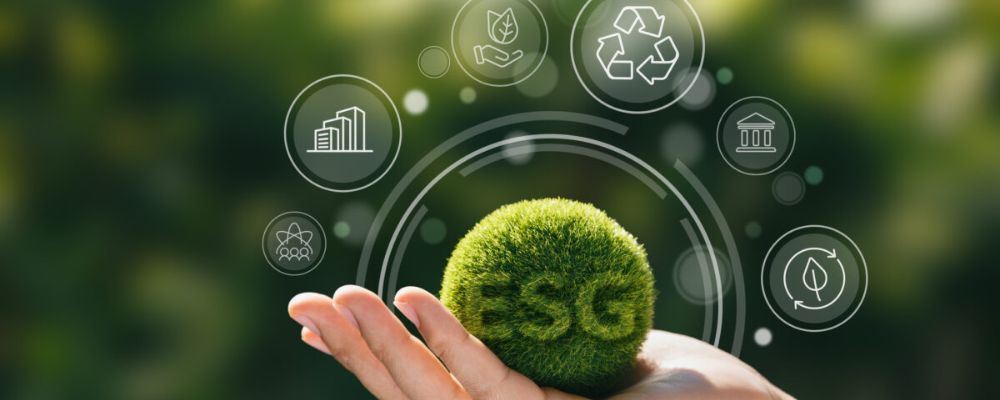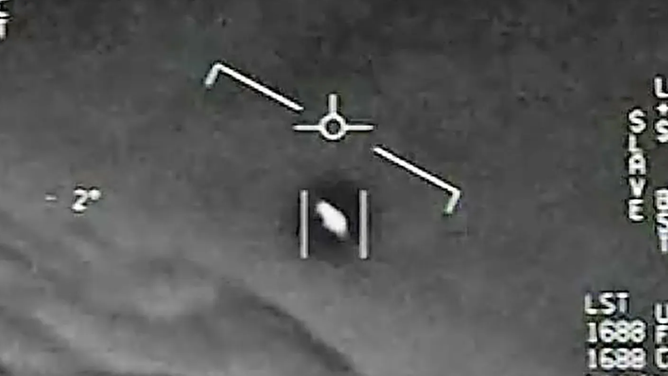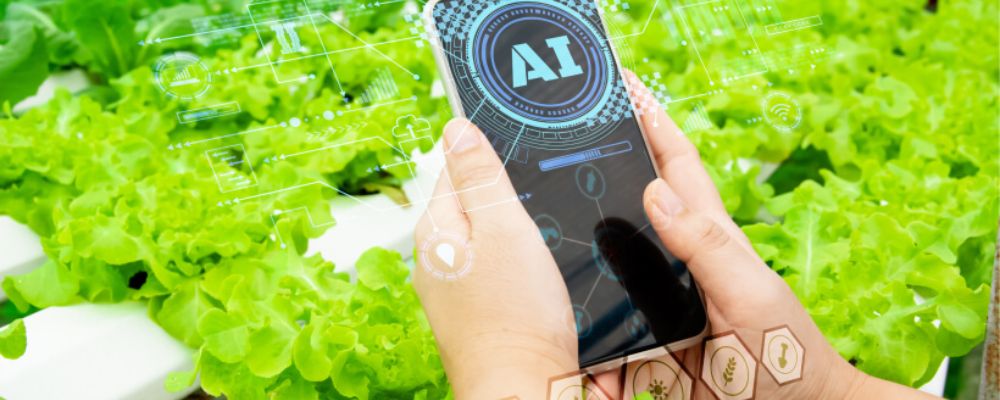
In today’s rapidly advancing tech landscape, startups are at the forefront of pioneering zero-waste innovations to combat the growing issue of electronic waste (e-waste). With increasing concerns over environmental sustainability and the impact of e-waste on our planet, these tech startups are leveraging cutting-edge solutions to create a more sustainable future. This blog delves into the latest zero-waste tech innovations and highlights how AI is playing a crucial role in reducing e-waste.
What is Zero-Waste Technology?
Zero-waste technology refers to systems and practices designed to minimize waste generation throughout the lifecycle of electronic devices. This includes reducing, reusing, and recycling materials to create a circular economy where electronic products are managed responsibly from production to disposal.
Key Concepts of Zero-Waste Tech Innovations:
- Circular Economy: An economic system aimed at eliminating waste through the continual use of resources.
- Sustainable Materials: Utilizing eco-friendly and recyclable materials in electronic products.
- Efficient Recycling Processes: Advanced techniques to recycle electronic components effectively.
Innovative Startups Leading the Charge
Several startups are making significant strides in zero-waste technology. Here are a few notable examples:
1. EcoCircuit Innovations
EcoCircuit Innovations focuses on developing electronic devices with modular designs, allowing easy repairs and upgrades. Their approach extends the lifespan of products and reduces e-waste by minimizing the need for complete replacements.
2. RecycleTech Labs
RecycleTech Labs utilizes AI-driven sorting technologies to enhance the efficiency of e-waste recycling. Their advanced algorithms accurately separate valuable materials from electronic waste, ensuring better resource recovery and reducing the environmental impact.
3. GreenElectra
GreenElectra specializes in creating biodegradable electronic components. Their innovative use of sustainable materials means that the components decompose naturally, significantly reducing the environmental footprint of electronic devices.
The Role of AI in Zero-Waste Tech
Artificial Intelligence (AI) is transforming the way we approach e-waste management. Here’s how AI contributes to zero-waste tech innovations:
1. Intelligent Waste Sorting
AI-powered waste sorting systems can identify and separate different types of electronic components with high precision. This technology improves the efficiency of recycling processes and reduces contamination in the recycling stream.
2. Predictive Maintenance
AI algorithms can predict when electronic devices are likely to fail, allowing for timely maintenance or repairs. This extends the lifespan of products and reduces the need for early disposal.
3. Design Optimization
AI tools help startups design products with minimal waste in mind. By analyzing data and simulating various scenarios, AI assists in creating electronic devices that are easier to disassemble and recycle.
Challenges and Opportunities
While zero-waste tech innovations are promising, several challenges remain:
1. High Initial Costs
Developing and implementing zero-waste technologies can be costly for startups. Investment in research and development is crucial to overcoming this barrier.
2. Consumer Awareness
Educating consumers about the benefits of zero-waste technology and encouraging responsible disposal practices is essential for the success of these innovations.
3. Regulatory Hurdles
Navigating complex regulations related to electronic waste can be challenging for startups. Clearer guidelines and support from regulatory bodies can facilitate progress in this area.
Conclusion
Zero-waste tech innovations by startups are paving the way for a more sustainable approach to managing electronic waste. By harnessing the power of AI and focusing on circular economy principles, these startups are making significant strides in reducing e-waste and promoting environmental stewardship. As technology continues to evolve, the role of zero-waste innovations will become increasingly vital in ensuring a cleaner and more sustainable future for all.






